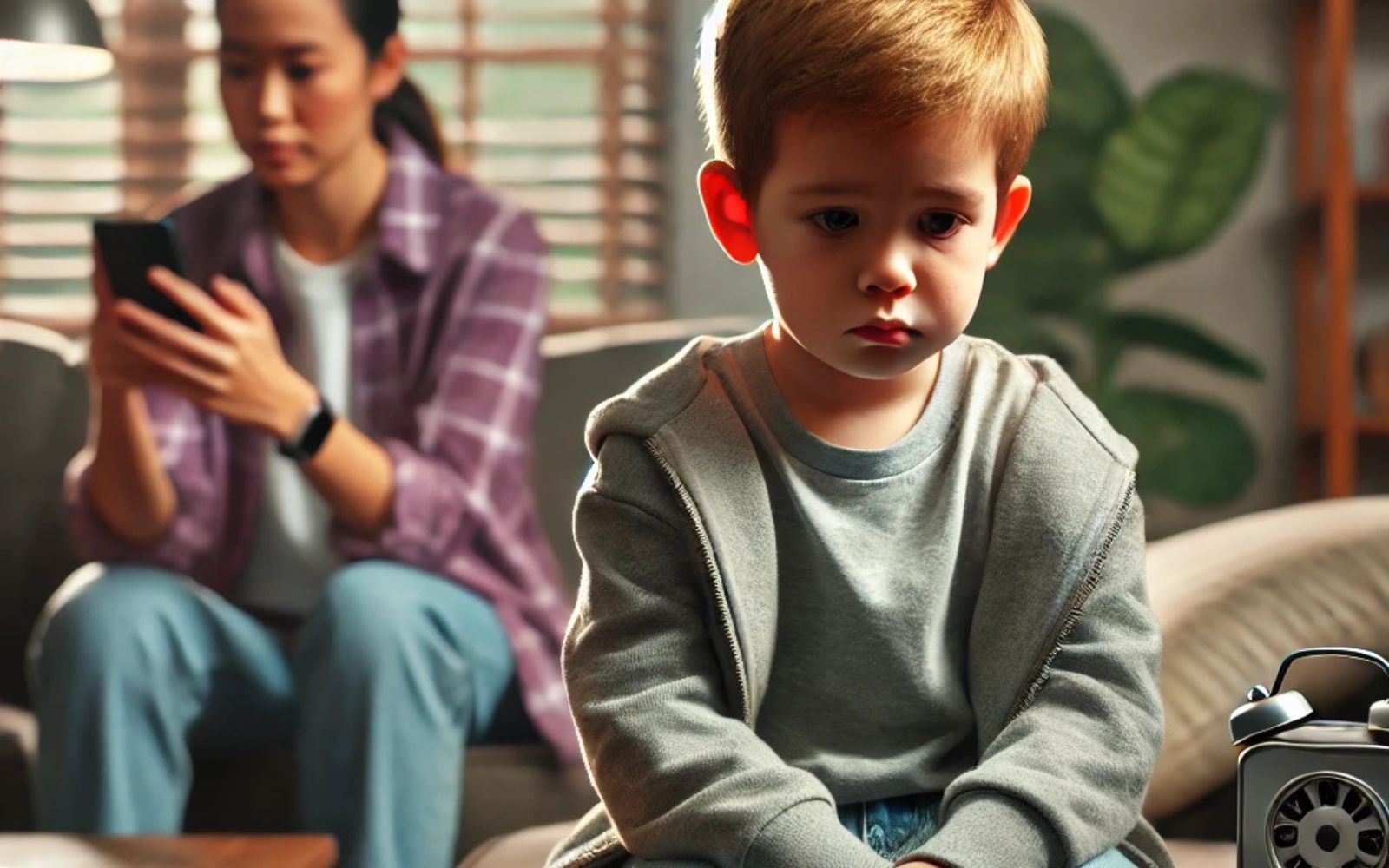Children frequently are trying to find acknowledgment and validation from adults, whether or not they are parents, instructors, or extraordinary caregivers. When children enjoy being unappreciated, it may affect their conceitedness, emotional well-being, and destiny relationships. Understanding how adults accidentally make kids’ experiences unappreciated can help foster greater healthful and additional supportive environments for children.
KeyTakeaways:
- Ignoring kids’s efforts or feelings makes them feel unimportant and undervalued.
- Constant grievance without praise can damage a child’s self-belief and self-esteem.
- Comparing children to others creates tension and damages their individuality.
- Spending excellent, targeted time with youngsters indicates that they count numbers.
- Simple gratitude and acknowledgment strengthen an infant’s value and encourage fine conduct.
1. Ignoring Their Efforts
CChildren frequently exit in their way to electrify adults, whether or not it’s by means of displaying off a drawing, cleaning their room, or sharing a tale about their day. When adults:
- Fail to acknowledge these efforts.
- Respond with indifference or distraction (e.g., scrolling on a phone).
It sends a message that their actions don’t matter. Over time, this can discourage kids from trying to please or seek approval.
Using Criticism Over Praise
Constructive feedback is important, but constantly pointing out mistakes without balancing them with praise can make kids feel inadequate. Examples include:
- Correcting a child’s behavior or work without recognizing what they did right.
- Focusing only on shortcomings, like grades or chores, rather than their efforts.
A study with the aid of the American Psychological Association highlights that kids who listen to extra complaints rather than reward are more likely to develop low vanity and feelings of incompetence.
Dismissing Their Feelings
When children share their emotions, they seek understanding, not dismissal. Phrases like:
- “You’re overreacting.”
- “That’s not a big deal.”
invalidate their feelings. This can lead kids to believe their emotions are unimportant or exaggerated.
How to Respond Better:
- Acknowledge their feelings (“I see you’re upset”).
- Offer empathy and understanding before solving problems.
Understanding children’s emotions is vital. Read more in our guide on Understanding Human Behavior
Comparing Them to Others
Comparison is one of the fastest ways to make kids feel unworthy. Statements like:
- “Why can’t you be extra like your sibling?”
- “Your friend did so much better than you.”
can damage their sense of individuality and self-worth. Research shows that children exposed to frequent comparisons often develop anxiety and resentment.
Overlooking Small Achievements
Kids thrive on encouragement, even for small wins. Failing to rejoice in their milestones, including mastering a new talent or completing a challenge, can make them feel invisible.
Examples of Overlooked Achievements:
| Achievement | How to Respond |
| Learning to tie shoes | “That’s amazing! You’re so smart!” |
| Finishing a book | “Wow, tell me about it!” |
| Helping around the house | “Thank you for your help!” |
Not Spending Quality Time
Children feel valued when adults dedicate time to them. Being physically present but emotionally unavailable can create a sense of neglect. Examples include:
- Saying, “I’m too busy right now.” repeatedly.
- Spending time with them while distracted by work or devices.
Solutions:
- Dedicate uninterrupted time daily, even if it’s 15 minutes.
- Engage in activities they enjoy, like playing a game or talking.
For more helpful resources on fostering supportive environments for children, visit RSS Search Hub.
Setting Unrealistic Expectations
When adults expect perfection or push children too hard, it creates immense pressure. This can happen through:
- Overloading them with activities or homework.
- Expecting them to excel without providing enough guidance.
Balanced Approach:
- Set achievable goals.
- Celebrate progress, not just results.
Learn how setting balanced goals can improve mental health in our post on Mental Health Care for Adults
Forgetting to Say “Thank You”
Children, like adults, appreciate recognition for their contributions. Forgetting to thank them when they help out can make them feel taken for granted.
Simple Ways to Show Gratitude:
- Say, “Thank you for helping with the dishes.”
- Write a small note or give a high-five to acknowledge their efforts.
The Long-Term Impact of Feeling Unappreciated
When mostly kids feel unappreciated, it can lead to:
- Low Self-Esteem: They may doubt their abilities and worth.
- Resentment Toward Authority Figures: Feeling undervalued can breed distrust or frustration.
- Difficulty Expressing Emotions: They may suppress their feelings, fearing rejection or dismissal.
How Adults Can Make a Positive Change
To make kids feel valued, adults can:
- Listen Actively: Give full attention when kids speak.
- Show Appreciation: Celebrate their efforts, big or small.
- Be Empathetic: Validate their emotions and experiences.
- Offer Encouragement: Use positive reinforcement regularly.
- Prioritize Quality Time: Engage in meaningful interactions.
To explore effective ways of balancing constructive feedback with encouragement, visit a trusted resource for positive parenting techniques.
FAQs
Q: What makes a child feel unloved?
Children feel unloved when adults ignore their desires, push aside their feelings, or fail to spend nice time with them. Harsh criticism, lack of affection, and emotional unavailability can also lead children to experience disregarded and unimportant.
Q: What makes kids feel unappreciated?
People experience unappreciated while their efforts and contributions are ignored or are taken as a right. Inconsistent acknowledgment, loss of gratitude, and common complaints without praise can create this sense.
Q: What makes a child ungrateful?
A child may appear ungrateful when they are not taught to value what they have. Overindulgence, lack of boundaries, or not modeling gratitude as adults can contribute to this behavior. Teaching gratitude through example and encouragement helps children appreciate what they receive.
Q: How do you make children feel valued?
To make children feel valued, pay attention to them actively, reward their efforts, and validate their emotions. Spend first-class time with them, have fun their achievements, and explicit gratitude for their contributions. These actions build their confidence and display that they rely on.
Final Thoughts
Children need to experience value and favor to increase a healthy experience of self. By being aware of phrases and actions, adults can create a supportive environment where youngsters experience being seen, heard, and valued. Small adjustments will have a lasting quality effect on a child’s emotional growth and general well-being.


1 thought on “How Do Adults Make Kids Feel Unappreciated”